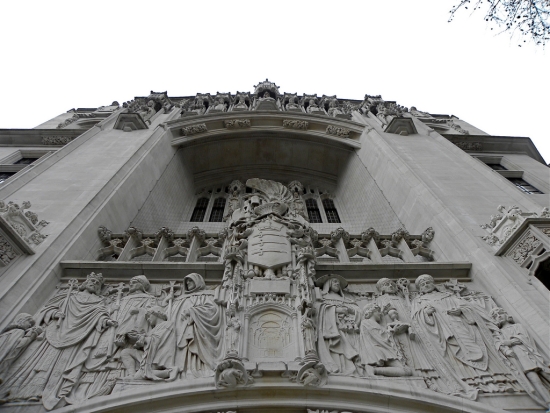A ruling by the Supreme Court has brought to an end a five year legal battle that threatened the estates of some of the UK’s wealthiest landlords. An unintended loophole in the 2002 Leasehold Reform Act had led to confusion about the distinction between “what might reasonably be called a house” and residential property converted for commercial use.

While this loophole remained open tenants technically had the right to buy commercial property leases at a price way below market value. This prospect threatened the portfolios of London’s landed estates including those of the Duke of Westminster and the Howard de Walden family.
The situation arose owing to a failure to understand the implications of removing a crucial requirement from the wording of the updated 1967 legislation. This was designed to protect coal miners from being evicted from their homes and stipulated that a tenant living in a house had the right to buy it freehold. In the 2002 version of the act this wording was changed and the only requirement became the ownership of a lease for two years or more.
Because the definition of what constitutes a house was not changed to reflect this it led to cases being brought by commercial tenants in converted London properties who saw the opportunity to buy out their leases. Landlords mounted a legal challenge but the ruling was upheld by the Court of Appeal prior to this week’s decision by the Supreme Court.
Dismissing the literal definition of a house the court said; “The fact that these buildings might look like houses, and might be referred to as houses for some purposes, is not in my view sufficient to displace the fact that their use was entirely commercial.”
A lawyer acting for the Day Estate, which was used by the Supreme Court as a test case, welcomed the ruling.
“If it hadn’t been changed,” he said, “it would, unquestionably, have a serious impact on the landed estates; they would have lost properties to commercial entities that had no right to take them.”
Previous Post
M&S to Create 20,000 New Jobs This Festive Season